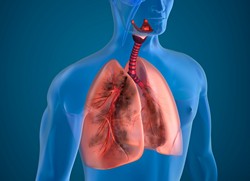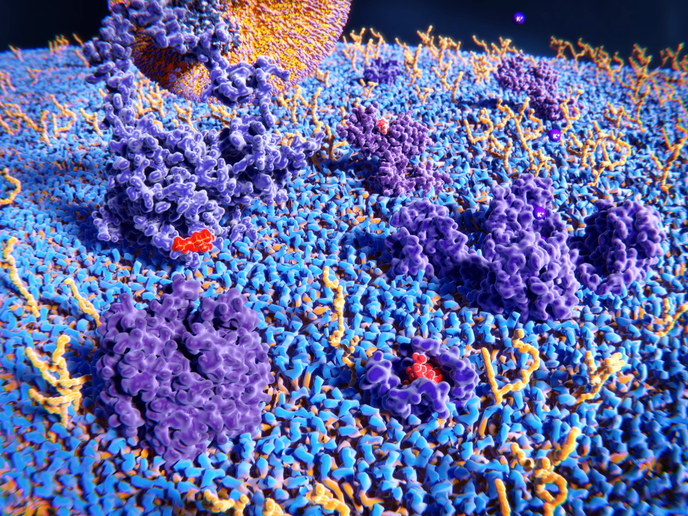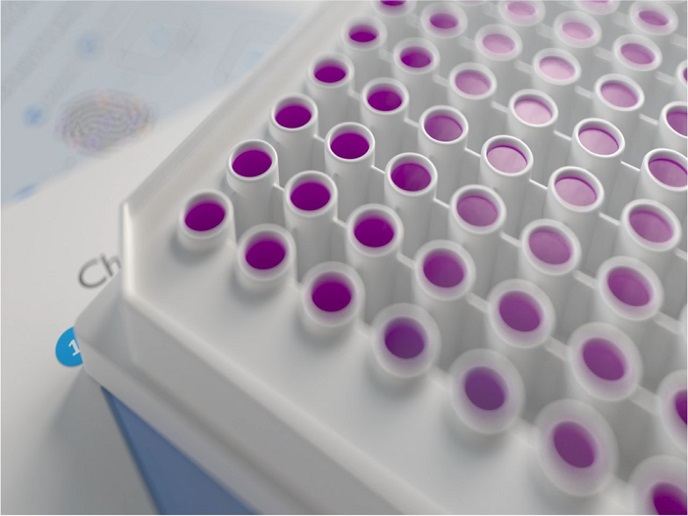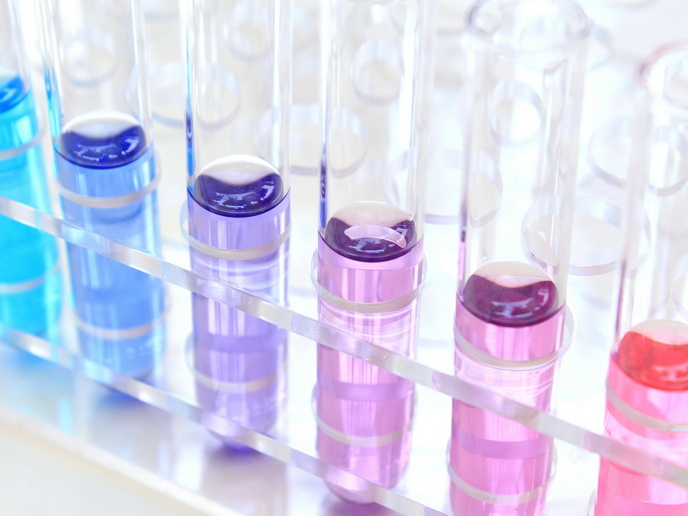A novel drug-delivery method
Electrospray is a process whereby a voltage is applied onto a fluid to generate a fine spray. When subjected to an intense electric field, the fluid emitted breaks up into a spray of charged droplets that fly towards a counter electrode. Electrospray technology finds a variety of applications, including mass spectrometry, tissue engineering and protein microarrays. However, the fundamental parameters underlying electrospray formation are poorly understood, limiting full exploitation of the potential of this phenomenon. The scope of the EU-funded TAYLORMED (Electrospray-mediated delivery of biological molecules into mammalian cells) project was to utilise electrospray technology to deliver biomolecule-based drugs into cells and tissues. The primary goal was to develop a novel drug-delivery method for treating lung diseases. The consortium comprised industrial and academic members with complementary expertise in biological drug delivery, mechanical and manufacturing engineering as well as microfluidics technologies. TAYLORMED researchers established methods for visualising sprays and determining the parameters that affect spray quality. They examined a wide range of biological buffers for their capacity to generate electrosprays and to deliver clinically relevant molecules such as DNA, RNA, proteins and small molecules. Novel electrospray emitters were designed and tested for different applications, including the delivery of whole cells for regenerative and cell therapy purposes. Overall, the TAYLORMED study succeeded in increasing our understanding of the electrospray process and enabled it to be used in clinically relevant applications. The systems and devices developed served to demonstrate the capacity to deliver a wide range of biological molecules into cells and tissues, opening new roads for drug delivery. Partners are also confident that the technology will be useful in diagnostics work.
Keywords
Drug delivery, electrospray, biomolecule, cells







